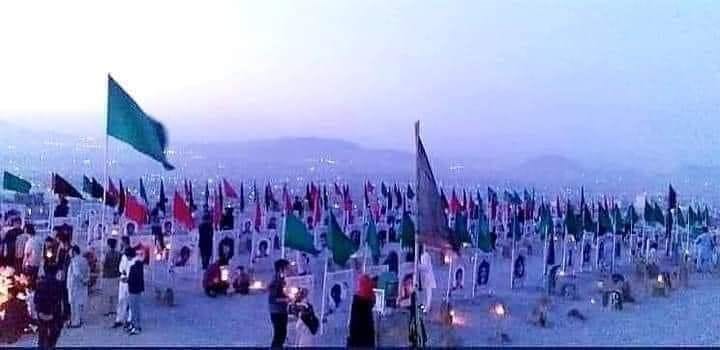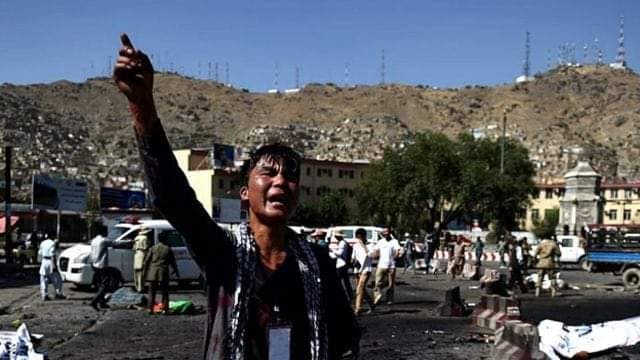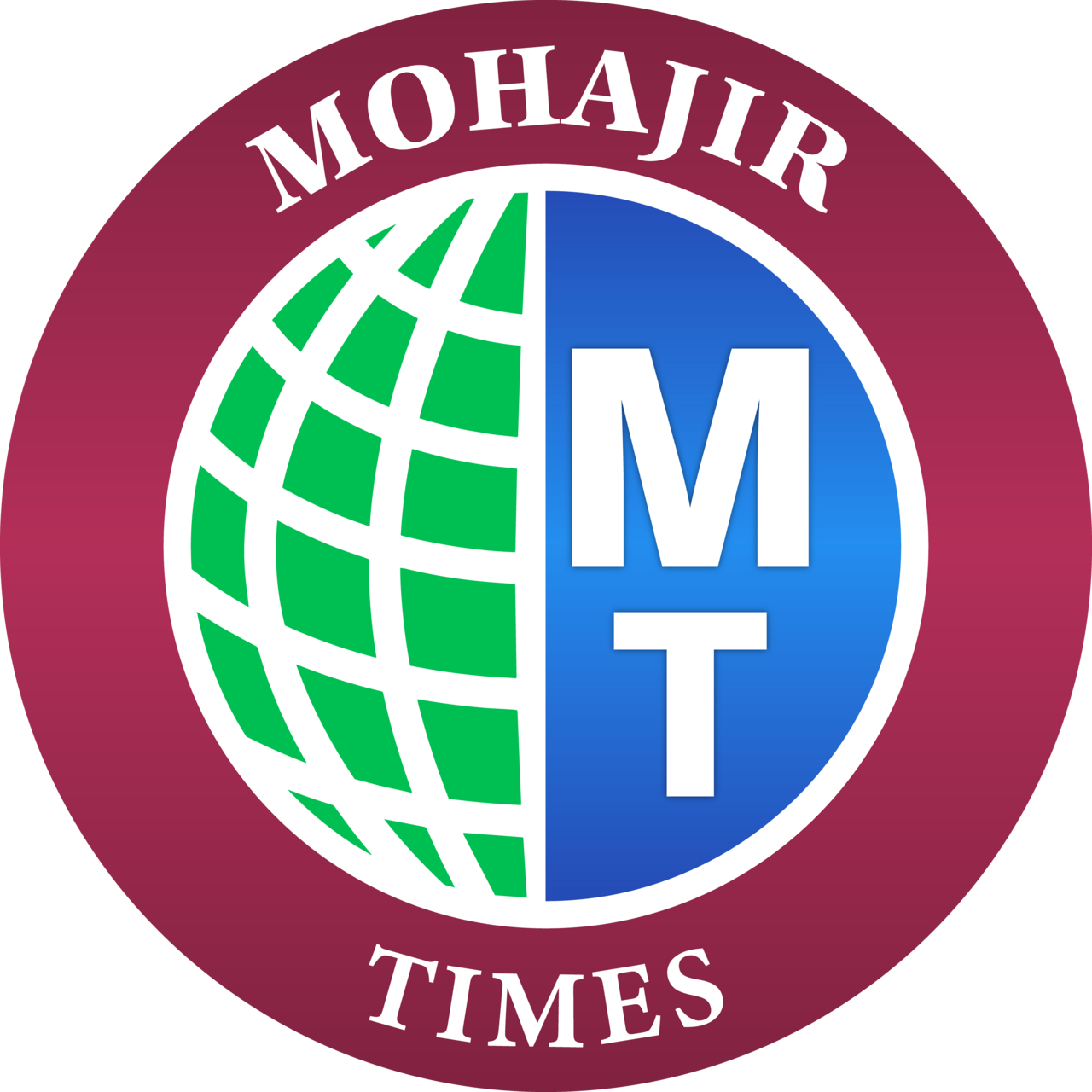Remembering the Dehmazang Tragedy—A Call for Global Recognition
On that tragic day in July 2016, thousands of demonstrators gathered at Dehmazang Square in Kabul to protest against the government’s decision, the atmosphere was charged with a sense of unity
Eight years have passed since the tragic event of the Dehmazang explosion or known as “Kabul Bombing” a somber anniversary that demands reflection, remembrance, and, above all, justice. On this day, we honor the memories of those who lost their lives in the heart-wrenching incident during a peaceful demonstration in Kabul, Afghanistan, for their humane rights. The victims, predominantly Hazara ethnic minorities, gathered to protest for equal rights and social justice in what became known as the “Enlightenment Movement.”
The Dehmazang tragedy, occurring on July 23, 2016, shook the world with its brutality. A suicide bomber targeted the demonstrators, resulting in the devastating loss of over 80 lives and injuring hundreds more, mostly university students, youth, and academics. The impact of this horrific act reverberated through Afghanistan society and beyond, underscoring the ongoing struggle for peace and security in the region.
It is imperative that we recognize the Dehmazang tragedy not only as a national catastrophe but as a global call to action. The United Nations, the Security Council, and international human rights organizations must acknowledge this event as a “bloody tragedy” of significant proportions in Afghanistan’s recent history. By doing so, they affirm their commitment to upholding human dignity, promoting peace and social justice, and combating extremism worldwide.
The victims of the Dehmazang tragedy were not mere casualties of war; they were advocates for change and martyrs for justice and equality in a country torn by conflict, injustice, and discrimination. Their sacrifice and seeking rights symbolize the resilience of the Afghanistan people in the face of adversity and their unwavering determination for change and a better future regarding national and social injustices.
To honor the memory of those who perished in Dehmazang, we must also renew our efforts to support peacebuilding and social justice initiatives in Afghanistan. This includes advocating for inclusive governance, protecting human rights, and ensuring accountability for perpetrators of violence against civilians and Hazara people in Afghanistan. The international community must stand in solidarity with the Afghanistan people, especially the Hazaras community, offering both moral support and practical assistance in their quest for a stable, safe, and prosperous nation. Today, with a straightforward question, you know that Hazara is not secure in Afghanistan.
The “Enlightenment Movement” arose in response to the Afghan government’s decision to reroute a major power line project, initially planned to pass through Bamiyan, a region predominantly inhabited by the Hazara community. This reroute decision was perceived as yet another act of marginalization against the Hazara, who have historically faced discrimination and violence. The movement, driven by a peaceful and democratic ethos, aimed to ensure fair and equitable development for all ethnic groups within Afghanistan.
On that tragic day in July 2016, thousands of demonstrators gathered at Dehmazang Square in Kabul to protest against the government’s decision. The atmosphere was charged with a sense of unity and purpose. However, the peaceful demonstration was shattered by a devastating attack. Twin suicide bombings orchestrated, the attack was later attributed to ISIS tore through the crowd, killing more than 80 people and injuring hundreds more. The attackers specifically targeted the Hazara protesters, turning a peaceful demonstration into a scene of unimaginable carnage.
The Dehmazang tragedy was a stark reminder of the persistent threat of sectarian violence in Afghanistan. The Hazara community, predominantly Shia Muslims, has been a frequent target of extremist groups like the Taliban and ISIS, who seek to foment sectarian strife. The attack was not just an assault on the Hazara but an attack on the principles of democracy, peace, and equality that the Enlightenment Movement stood for.
In the wake of the tragedy, the Afghan government faced severe criticism for its failure to protect the demonstrators. Questions were raised about the intelligence and security lapses that allowed such a brutal attack to occur. The government’s response, perceived as inadequate by many, further deepened the sense of alienation and mistrust among the Hazara community.
Moreover, the recognition of the Dehmazang tragedy as a “bloody incident” by global bodies carries profound implications. It serves as a stark reminder of the urgent need to address the root causes of violence, discrimination, injustice, and extremism in Afghanistan and beyond. By acknowledging and condemning such acts, the international community reaffirms its commitment to preventing similar atrocities in the future and promoting a world where all individuals can live free from fear, discrimination, and injustice.
The 8th anniversary of the Dehmazang tragedy is a poignant moment for reflection and recommitment to the ideals that the martyrs stood for. It is a time to honor their memory by advocating for social justice, equality, and human rights. The tragedy also serves as a reminder to the international community of the ongoing challenges in Afghanistan, particularly the need for the protection of vulnerable communities and the importance of supporting inclusive development initiatives.
In conclusion, as we mark the eighth anniversary of the martyrs of the Enlightenment Movement in the Dehmazang tragedy, let us remember their lives, courage, and aspirations for a just and peaceful society. Let us also call upon the United Nations, the Security Council, and human rights organizations worldwide to formally recognize the Dehmazang incident as a “bloody tragedy” in Afghanistan. This recognition not only honors the victims but also underscores the global responsibility to strive for a world where justice and peace prevail.
As we commemorate this anniversary, it is crucial to recognize the enduring spirit of the Hazara community and the broader Enlightenment Movement. Their resilience in adversity and unwavering commitment to justice inspire hope for a future where all Afghans can live with dignity and equality. The legacy of the martyrs of Dehmazang will continue to inspire generations to come, serving as a beacon of hope and a call to action for a more just and equitable world.
Related Articles:







